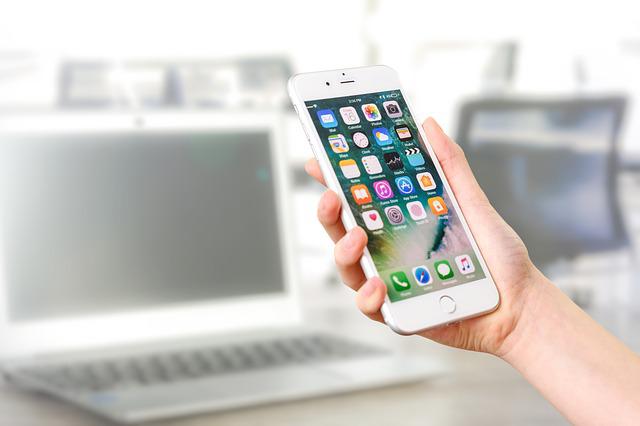Nowadays, not that many people carry cash in their wallets. It is not only a safety measure, but with the new normal encouraging less and less physical contact, almost everyone is managing their money digitally. But, what does this mean for you? And, how can you ensure that your finances are secure online? This article will help you figure all this out and give you pointers on how to protect your money and what money security features and apps you can employ to help.
Careful When Making Payments
Because a lot more people are getting into online shopping, you may be feeling slightly anxious about the possible exposure to threats that online shopping may present. These threats include:
- Fake online stores
- Credit card fraud: a common occurrence when shopping on unreliable websites and shops
- Adware: you can be thrown advertisements on online stores or social media. These advertisements are not always legitimate, though they promise an offer that is hard to pass up on, like a free phone
- Identity theft
- Information shared encrypted
A pro-tip to ensure you, your information, and your money are safe would be if you need to visit an online bank, a retailer or a payment website, you should manually type in the URL — instead of clicking on a link. Do not visit websites by clicking on:
- Links in emails
- Messages on social network sites
- Messages in chat rooms
- Banner ads that are on suspicious websites
- Links sent to you by people you do not know
Another thing to be careful of is fake communication. This is when you get emails or SMSs asking for things like banking app log-in details, to click a link to their site or simply call you asking for your bank pin. Remember, no registered financial service provider or bank will ever ask you these types of questions over the phone or email, and if you are unsure of a certain piece of communication, immediately contact or visit your bank.
Encryption And Security
Always, and we mean ALWAYS, protect your banking and finance apps with some kind of code, pin or encryption. Many people who use fingerprint or face ID on their smartphones and devices use this for accessing their banking and finance apps too. Many apps have money security features in any case, and they do not allow things like screenshots of the app details to be taken and shared willy-nilly.
Avoid Public Networks And Devices
If you do internet banking or manage any of your finances via a laptop or computer, then it is important to note that you should always use your own devices and internet. ‘Always On’ and ‘open’ internet services tend to pose a threat to many networks and devices, and mixing your banking details with a different computer may result in small little mistakes that may lead to your finances being affected. So always ensure you use devices and networks you trust.
If There’s An App For It, Try It
Apps are becoming a safer and better way for many people to manage any kind of shopping and financial transactions. They help keep track of finances, orders, you can make returns, and so forth, depending on what they offer. Take the WesBank App, for example, which lets you calculate how much you qualify for if you need financial assistance, will let you manage your account and pay your premiums with ease, and submit documents and applications quickly. If you are looking to finance a vehicle or asset that WesBank and the likes cover, a suggestion would be to download the WesBank or relevant app and get going.
Finally Thoughts
Apps are not entirely bad and will not lead to you losing your money. All you need to do is ensure that you have the right one, and if you are downloading it from your phone’s app store, then chances are it will be legit. Give yourself time to navigate and understand how each one works and what rewards and benefits you can earn from choosing the app way.












